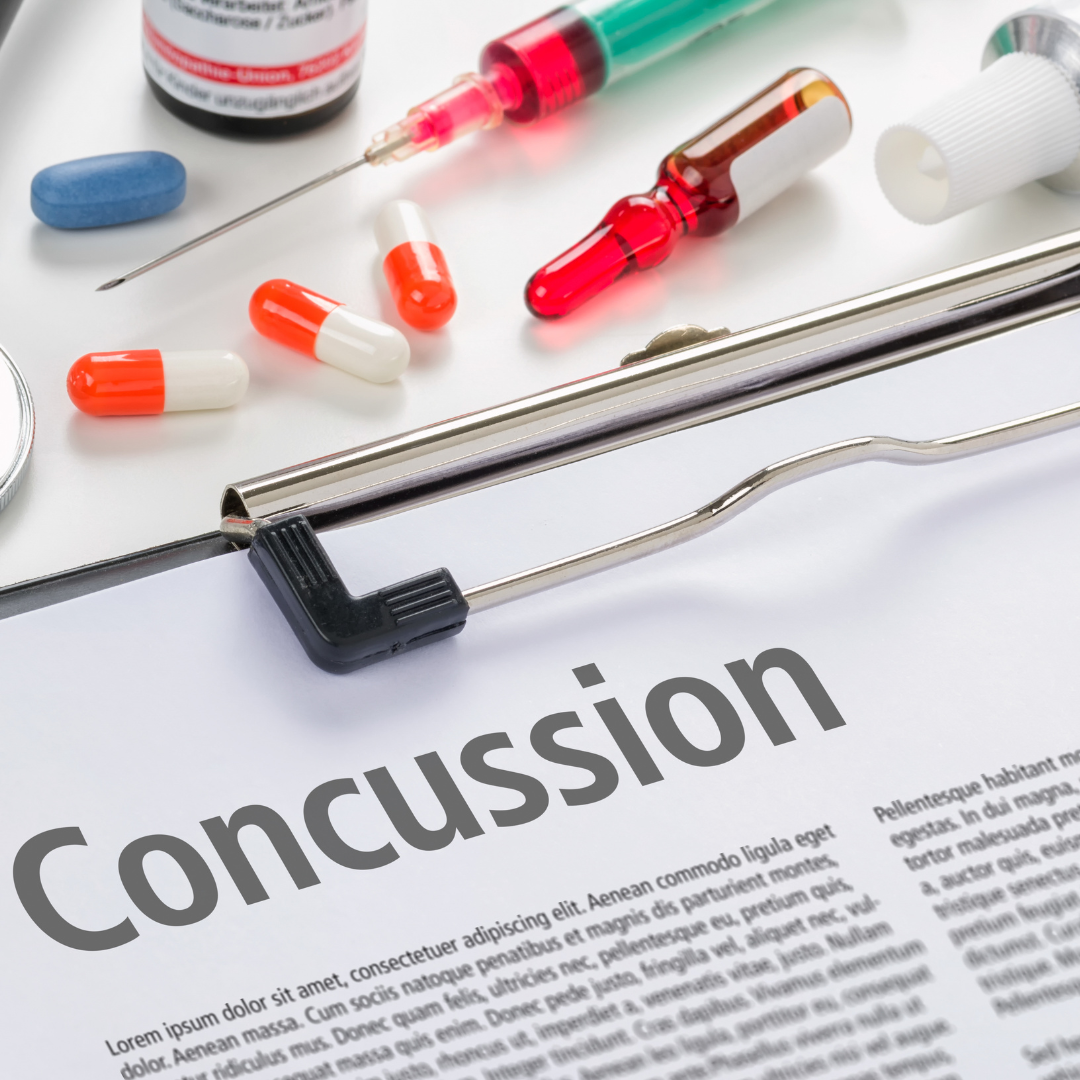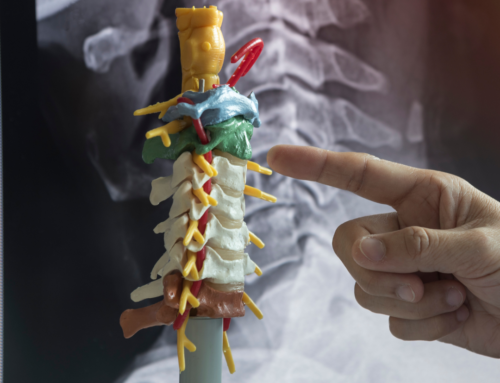The best concussion therapy starts with getting the right diagnosis.
However, it is important to note that there is more to concussion management than just diagnosis.
Raising awareness and understanding of the signs and symptoms of concussions, as well as the potential long-term effects, can help individuals, families, coaches, and healthcare providers recognize and respond to concussions more effectively.
This can lead to earlier intervention, management, and support, which may improve recovery outcomes.
Furthermore, changing beliefs and attitudes about concussions can help reduce the stigma that is often associated with these types of injuries. This can encourage individuals to seek help, report symptoms, and follow recommended recovery protocols without fear of judgment or negative consequences. It is important to emphasize that seeking help for a concussion is not a sign of weakness, but rather a sign of strength and resilience.
In order to promote a culture of safety in sports and recreational activities, it is crucial to encourage communication and support.
Open and honest communication about concussions can lead to better support from friends, family, coaches, and healthcare providers. This support is crucial for individuals recovering from a concussion, as it can help them adhere to treatment plans, cope with symptoms, and maintain a positive outlook.
Additionally, promoting a culture of safety can lead to increased use of protective equipment, adherence to safety guidelines, and the development of safer playing techniques, all of which can help prevent concussions and improve recovery.
Facilitating research and innovation is also key to improving the management and treatment of concussions. Changing beliefs about concussions can help drive research and innovation in the fields of concussion prevention, diagnosis, management, and treatment. This can lead to new technologies, therapies, and protocols that can improve the recovery process for individuals who have sustained a concussion.
It is important to note that research and innovation are ongoing, and we may continue to see advancements in the field of concussion management in the future.
Lastly, it is crucial to acknowledge that recovery from a concussion can be challenging not only physically but also mentally and emotionally. Changing beliefs about concussions can help validate the emotional struggles that individuals may experience during recovery and provide them with the support and resources they need to maintain their mental health.
By emphasizing the importance of mental health during the recovery process, we can help individuals feel supported and empowered as they work towards healing from their concussion.








Leave A Comment